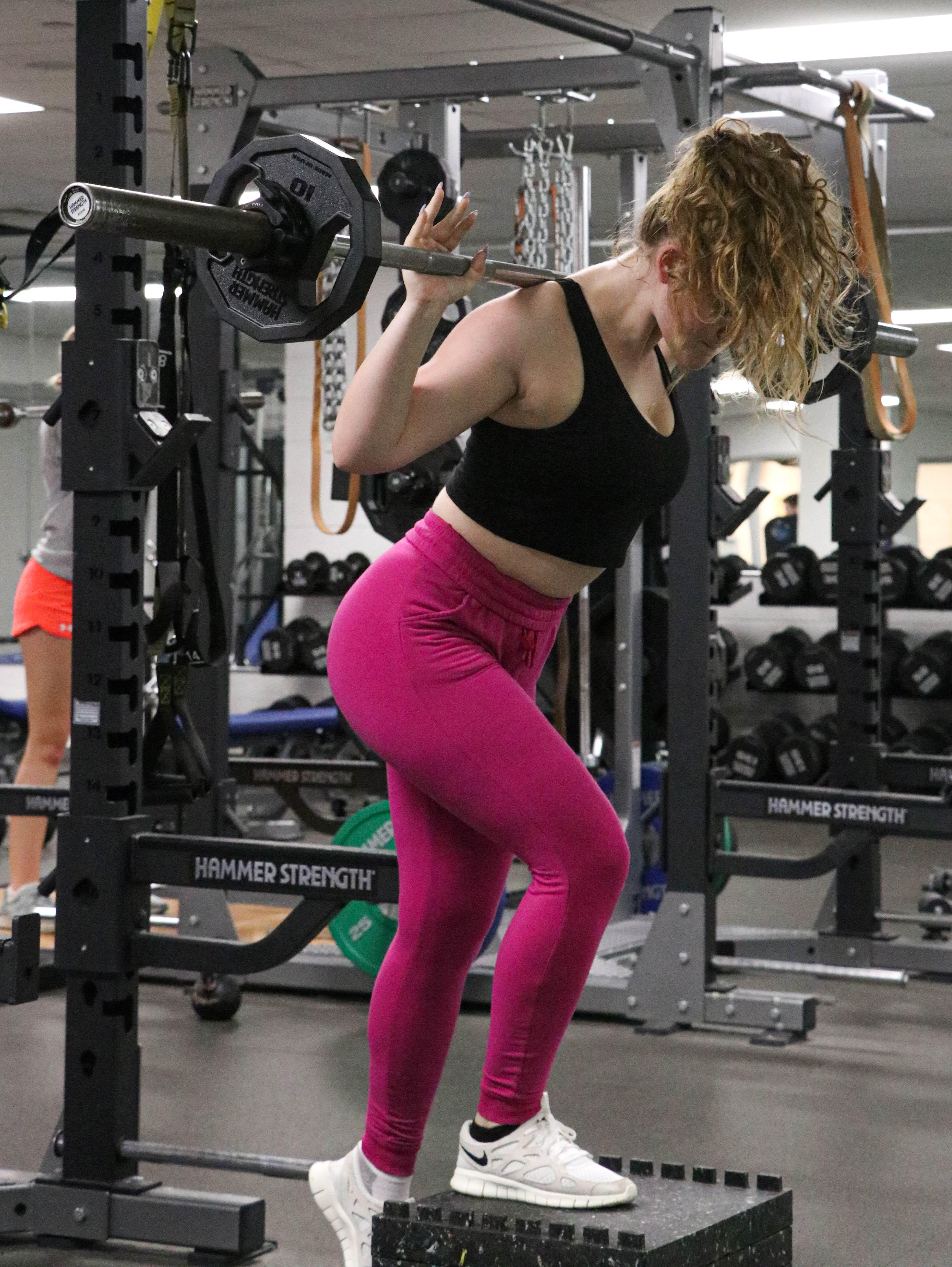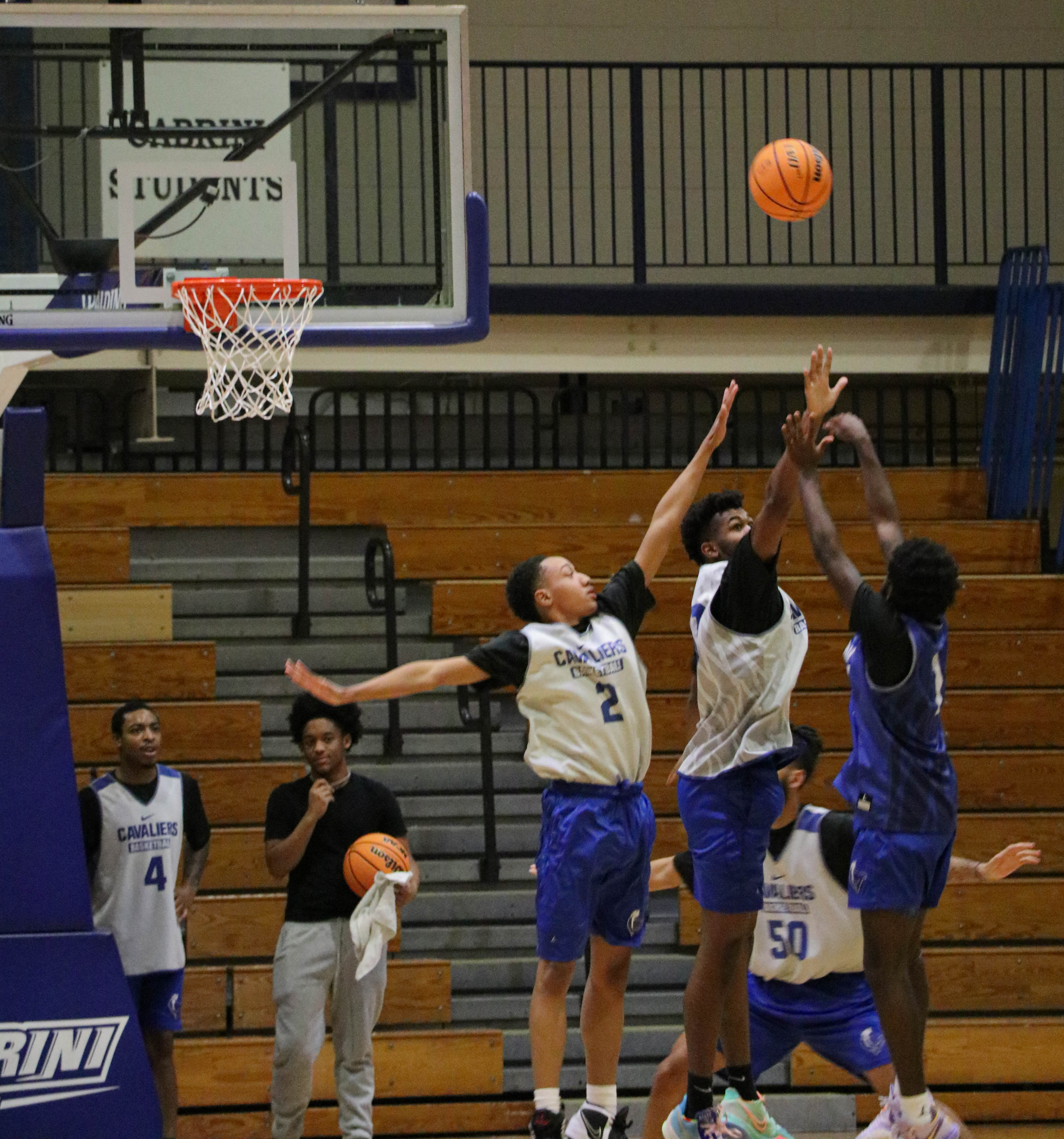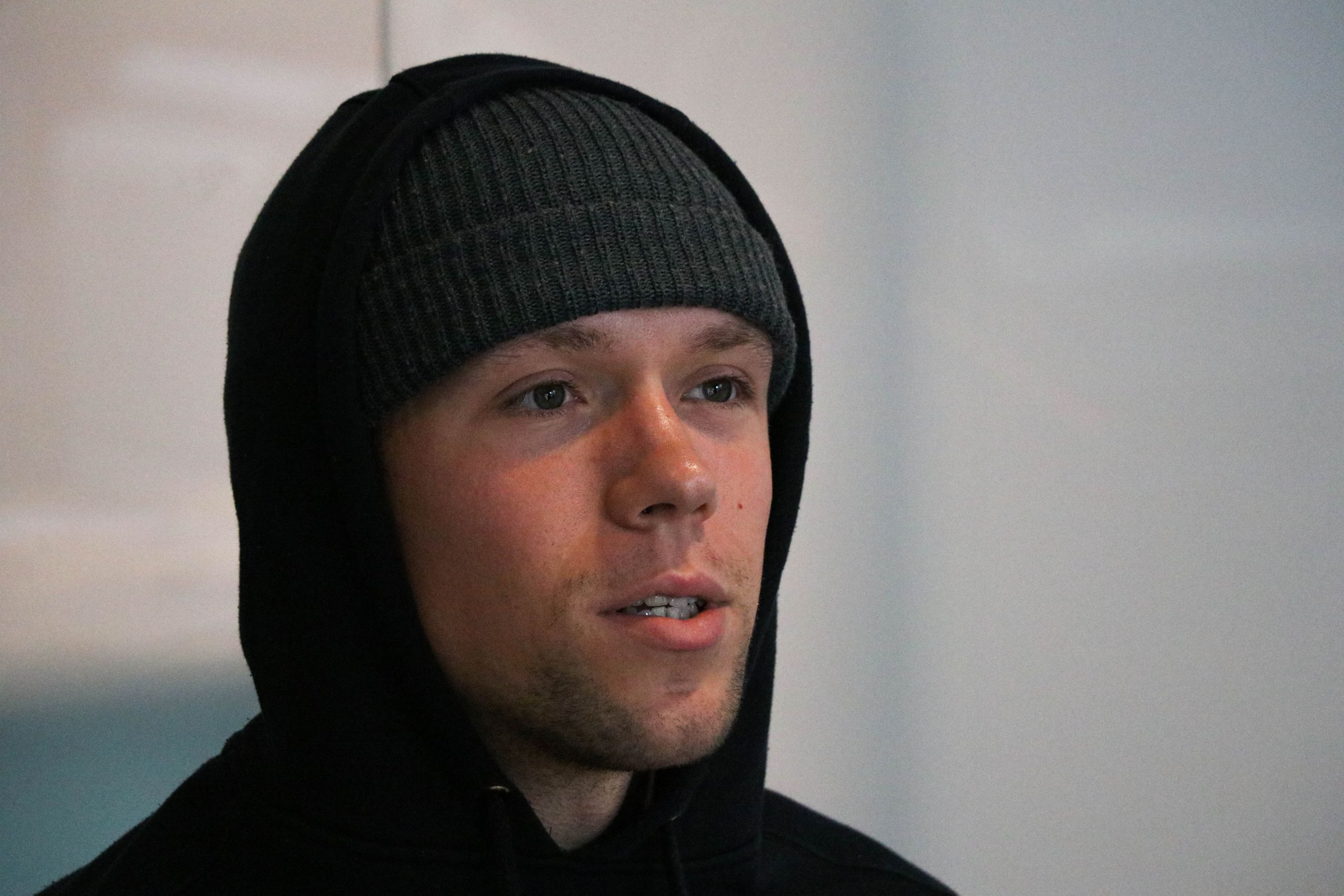The NCAA made $1.15 billion in 2021. Considering the massive amount of money taken in by collegiate sports, there is an ongoing debate about whether student athletes should be paid. Some of the issues are whether student athletes should be paid for their likeness and image, or if they deserve equal pay regardless of their division.
The complexity of the issue
Orlin Jespersen, Cabrini’s associate director of athletics and recreation, explained the complexity of the issue. Jespersen said each NCAA division approaches athletics in a different way, establishing its own bylaws and guidelines. Many of the rules share the same basic principles and are comparable, but there are differences in how the regulations are applied. One example Jespersen gave is that scholarships are accessible in Division I but not in Division III.
“It’s really hard to give a blanket answer because each division is so different,” Jespersen said.
All of the rules that have been created for the three divisions are designed to preserve the student athlete experience. These rules protect student athletes during the recruiting process so they can decide where to go without additional pressure or other interference.

Jespersen also mentioned states’ legislation on name, image, and likeness, often called NIL. Some states have passed laws regarding NIL. However, these laws only apply to schools in those states. For example, California’s SB 26 dictates that student athletes can make money from their NIL, but only at schools in California.
In the past, according to Jespersen, the NCAA has made an effort to ensure that everyone functions under the same conditions. Now, that is more difficult because different states have passed their own legislation.
Jespersen said some people argue that Division I student athletes, especially those from large universities and the power five conferences, should get paid because of the revenue sports generate, especially basketball and football.
But a student’s eligibility for school loans may be impacted if they have a sponsorship agreement or are earning money through their NIL. The student would also be responsible for paying taxes on their income.
Division III student athletes don’t have the same resources as those at a Division I school. A Division III athlete receives financial aid from their school, which does not offer athletic scholarships. If a student earns money through their NIL, that will reduce their financial aid.
“It’s a really hard question because there are many different levels to it,” Jespersen said.
Jespersen believes it is beneficial for student athletes to have some income potential. Nevertheless, he believes there are potential challenges and opportunities for exploitation.
Money isn’t supposed to be a recruiting inducement for those higher-level Division I institutions, Jesperson explained. Although he doesn’t claim that athletic departments are doing this, boosters and other individuals might. Such an effort might persuade students, in particular, high-level recruits, to enroll in a certain program.
For example, Jeremy Bloom played on the University of Colorado’s football team in 2001 and 2002. Bloom also skied in the 2002 Winter Olympics. He couldn’t receive any sponsorship money to pay for his skiing competition, travel, or equipment, because it went against NCAA guidelines. If he accepted sponsorships, he couldn’t play football at the university.
He refused sponsorships until it came time to train for his second Olympics. Since sponsors are the only way many athletes can afford to participate in the Olympics, Bloom agreed, and his college football career was cut short. He breached his status as an amateur, according to the NCAA, and was permanently disqualified from playing football during his junior and senior years.
Another example Jespersen offered is a student athlete who might have an interest in acting. They are not allowed to work in advertisements, movies, or other similar projects for pay. Although their acting might have nothing to do with football, if they are an athlete, the rules prevent them from being compensated for their NIL.
The student athlete perspective
Ethan Gill, junior exercise major, plays on Cabrini men’s baseball team. According to Gill, student athletes should be paid for the many hours they devote to their sport and education.
He believes student athletes should receive a higher scholarship amount or some other form of compensation. “Just because we are DIII, it doesn’t mean that we don’t work as hard DI and DII,” Gill said. He also thinks that Division III institutions should have the same access to athletic scholarships as other divisions.

“We should get some sort of financial assistance while we’re in college to help us with our college experience for on the field and off the field,” Gill said.
Sage Klein, senior elementary and special education major and defender on Cabrini men’s soccer team, believes that collegiate sports are more of a passion than a professional endeavor. He also noted that DI sports generate far more income than DIII sports. The level of play, in his opinion, is a factor.
Even with the physical risks and potential injuries that come with sports, Klein doesn’t think that student athletes should get paid.
“It’s a choice, you choose to play,” Klein said.





